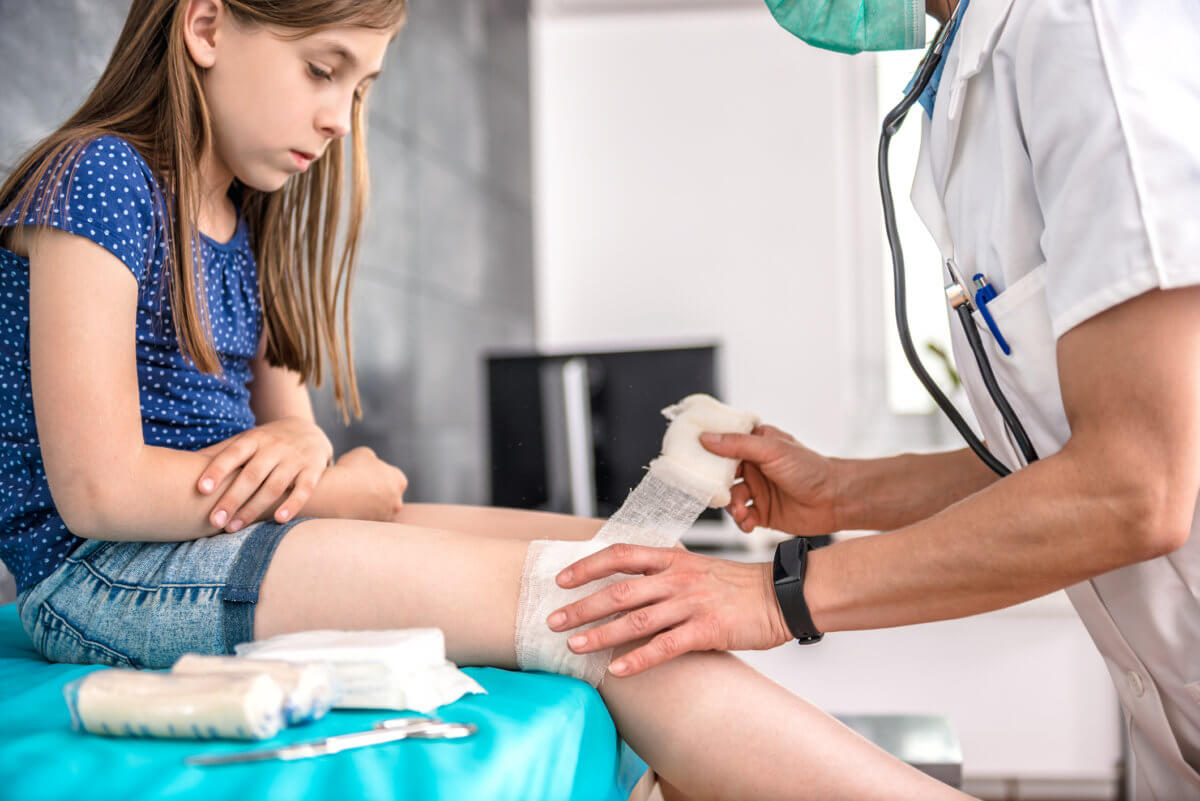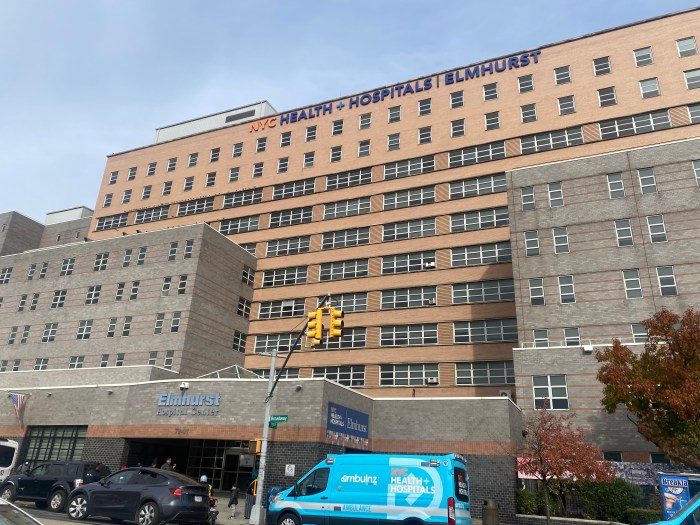BY DONNA DUARTE-LADD
With New York being the epicenter of COVID-19, many parents understandably have been concerned about how to approach a pediatric emergency situation for their child in New York.
Lauren of Brooklyn, mom of two, shared, “I keep reminding my children to be extra careful not to get hurt because we can’t go to the hospital.” While Robert, a father of three, commented: ” I’m not worried; we have a great pediatrician who I know will lead us in the right direction if there is an emergency.”
Is there cause for concern? While hospitals are overwhelmed with the pandemic, surprisingly, most pediatric emergency rooms are not overcrowded. We spoke with Doctor Chris Kelly, MD, Chief of Pediatric Emergency Medicine at NewYork-Presbyterian Brooklyn Methodist Hospital. Dr. Kelly shared that COVID-19 is “keeping people away from the emergency room.”
He continues, “first, if possible, contact your primary doctor or have a telemedicine call right away as the emergency room should be used for the very sick.” Doctor Kelly also suggests using good judgment coupled with parent instinct. “Rush to the ER if your child has significant trouble breathing, signs of dehydration, not urinating at a normal amount — basically not being themselves.”
And while parents may hesitate to visit the emergency room, know that “all personal and patients are masked and at a hospital such as NewYork-Presbyterian Brooklyn Methodist Hospital. We are making pediatric emergency visits such as getting stitches done efficiently to get the child in and out as fast as possible.”
We also touch-based with Queen’s physician Dr. Lashley of Allied Physicians Group, where he and more than 150 other medical practitioners of Allied see thousands of patients each week. Doctor Lashley is Board Certified by the American Board of Pediatrics and is a Fellow in the American Academy of Pediatrics, and Nassau Academy of Medicine.
1. New York’s hospitals are in deep crisis mode and fighting to save COVID-19 patients. How do parents handle a pediatric emergency for their children?
Firstly, most independent pediatricians and their practices are working very hard to keep patients out of the hospital to ease the strain on the Hospital System. A patient’s pediatrician is best prepared to work with a patient and the patient’s family.
Pediatricians, when they are at the office, and in some cases when working remotely, have access to the patient’s medical records. This is helpful for determining if a situation can be managed by a telehealth visit, office visit, or if a parent needs to take a child to the hospital.
Many independent pediatricians and primary care doctors are making a concerted effort to be available, and are making themselves available 24/7 via telehealth. Using telemedicine, pediatricians are able to handle most patients’ problems and concerns and send only the very sick to the hospital or specialist when needed.
2. Are Urgent Cares centers a useful resource for pediatric emergencies as many alleged coronavirus patients tend to go to these care centers for help?
Urgent Care centers are not a good place for pediatric patients to receive care. These medical providers do not know a patient’s history and do not assure continuity of care and follow up. Often, in this setting, patients are not seen by a pediatric specialist.
Antibiotics are much more overused by Urgent Care centers and more appropriately given by primary care practitioners. For an injury such as a broken arm, the parent should call the child’s pediatrician first. If this is not possible, the child should be taken to a hospital emergency room/department.
Hospitals right now have the appropriate protocols and protections in place for non-coronavirus patients. Urgent Care centers likely don’t have the staffing and the ability to separate patients.
3. What constitutes a pediatric emergency versus a call to your child’s pediatrician?
An emergency means a child needs care immediately; in this case, they should be taken to an emergency room, or 911 should be called.
Examples are bleeding, injury, bad respiratory problems, a seizure, or severe accident. Fevers and illnesses are usually better treated by pediatricians.
Often concerned parents can call their pediatrician 24/7. If a parent cannot get through to their doctor, they should call 911 or take the child to the hospital emergency department.
4. Are there hospitals that are running as non-coronavirus care hospitals?
Due to the extraordinary stress on the healthcare system, it is “All Hands On Deck.” This means that all hospitals are accepting COVID-19 patients and using all their resources just to keep the sick alive right now.
Primary care doctors and pediatricians are doing our best to alleviate the strain on the system. We are not aware of any non-coronavirus hospitals. All New York hospitals are prepared for non-coronavirus patients.
5. With coronavirus overtaking some areas/boroughs such as Queens, how does a parent deal with a non-COVID-19 pediatric emergency?
First of all, pediatric patients are doing extremely well in the COVID crisis. Children are not being admitted to hospitals in droves, and very few ventilators are currently being used by pediatric patients.
Most children have a very mild illness and are easily cared for at home. Non-COVID-19 emergencies are still being treated by EMS and Children’s Hospitals. Non-COVID-19 patients are getting great care, and extreme measures are put in place to make sure they do not catch the coronavirus while in the hospital.
However, if at all possible, we suggest that parents call their child’s primary care doctor prior to an ambulance or showing up at the Emergency Department. Many pediatricians are available on-call through the night.
For more information or to book an appointment with Dr. Lashley visit, islandpediatricassociates.com
This story first appeared on newyorkfamily.com.




































